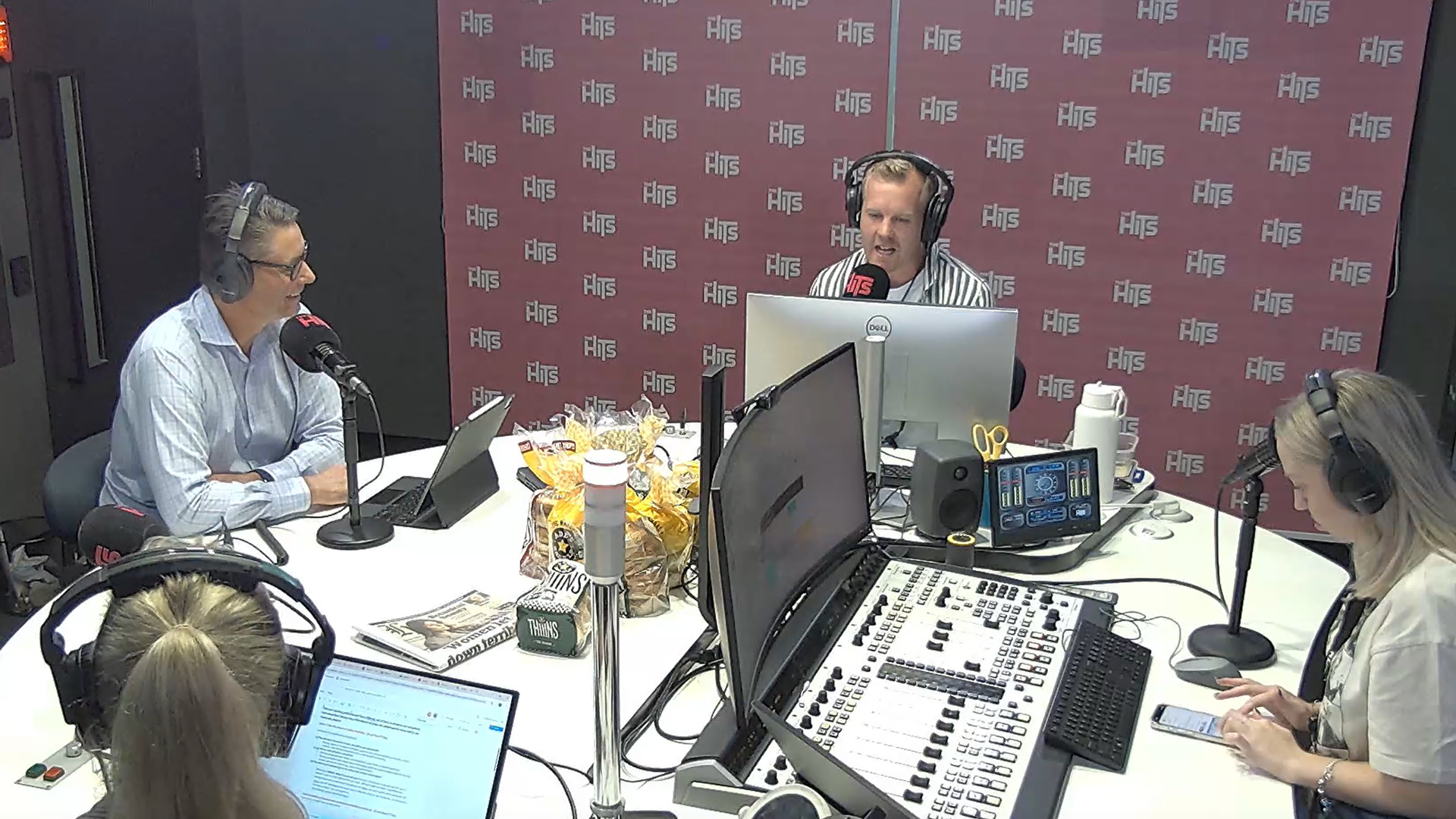The February earnings season provided a snapshot of the impact Covid-19 has had on different sectors over the last six months and more importantly, expectations for the year ahead. Below are key highlights from company results.
Domestic winners
Companies with exposure to the domestic economy delivered solid results, benefitting from a stronger than expected economy with low interest rates, rising house prices and resilient consumer spending. They also benefited from cost reductions made earlier in the year on expectations of continued weakness which resulted in them achieving higher margins. Outlooks were generally positive, caveated with some caution around how sustainable the current economic strength will be.
By way of example:
- Fletcher Building reported half year profit up 48% driven by their cost out programme and a robust residential construction market in New Zealand. Residential unit sales were 76% higher benefiting from strong demand for housing.[1]
- Summerset reported full year unit sales up 20%, with sales in the second half up 39%. They reported a record level of pre-sales at the end of the year, with waitlists up 20%. [2]
Exporters mixed
Exporter results were more mixed with many still heavily impacted by Covid-19. Logistics remains difficult for exporters with air freight costs still very high and global port congestion resulting in delays. Outlooks were generally positive with earnings expected to recover as economies reopen around the world, although the timing of this is still uncertain. For example:
- A2 Milk reported half year profit down 35% driven by ongoing challenges in their daigou or reseller channel.[3]
- Delegat reported half year profit up 25% with wine case sales up 7% from increased in home consumption. [4]
Tourism under pressure
The tourism sector remains under significant pressure with no international arrivals, forcing companies to make significant cost reductions to manage losses. Many of these companies have tilted their focus on domestic tourism, however this is not enough to offset the lost spend from international tourists. Outlooks were more positive with companies optimistic on the recovery of travel once vaccines are rolled out, although there is still considerable uncertainty on when borders will reopen with no guidance provided by the government. Examples include:
- Auckland Airport reported half year revenue down 65% and provided full year earnings guidance for a loss of $35m-$55m.[5]
- Tourism Holdings reported half year revenue down 1% and a loss of $3m. Rental revenue fell 50% offset by significantly higher caravan and motorhome sales. New Zealand rental revenue was down 64%, despite domestic rental revenue growing by over 500%, highlighting the reliance on international tourism.[6]
Overall, the February reporting season demonstrated that the financial performance of our companies is sound. While there is still some uncertainty on the timing of earnings recoveries as the world returns to normal, the outlook for our market remains positive. We remain focused on selecting quality companies that offer solid return prospects relative to their risks.


